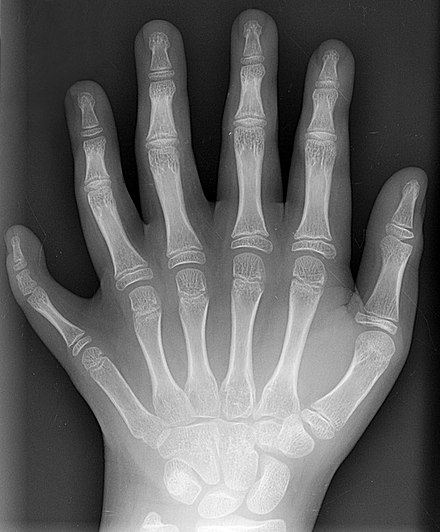6
6 (six) is the natural number following 5 and preceding 7. It is a composite number and the smallest perfect number.[1]
Six is the smallest positive integer which is neither a square number nor a prime number; it is the second smallest composite number, behind 4; its proper divisors are 1, 2 and 3.[1]
Since 6 equals the sum of its proper divisors, it is a perfect number; 6 is the smallest of the perfect numbers.[1] It is also the smallest Granville number, or -perfect number.[2][3]
Six is the only number that is both the sum and the product of three consecutive positive numbers.[5]
Unrelated to 6's being a perfect number, a Golomb ruler of length 6 is a "perfect ruler".[6] Six is a congruent number.[7]
Six is the first discrete biprime (2 × 3) and the first member of the (2 × q) discrete biprime family.





